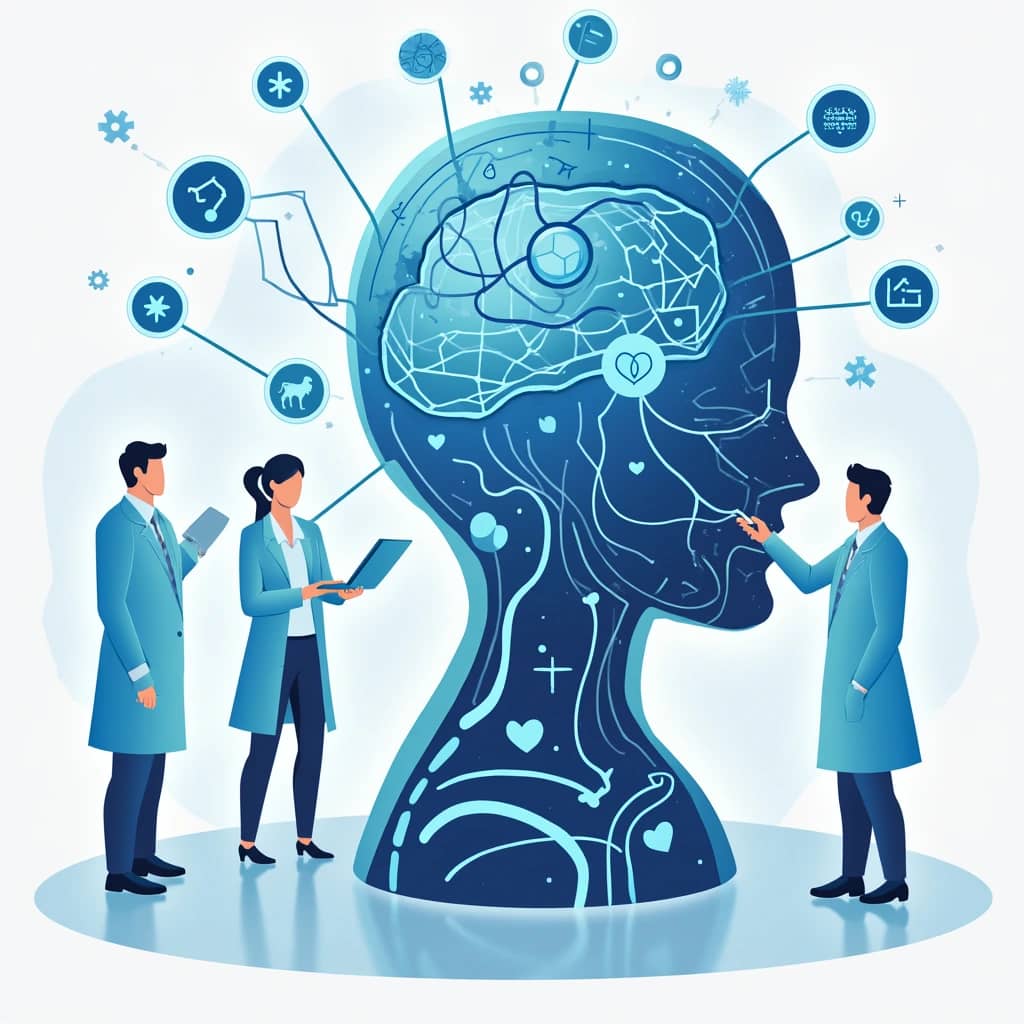Artificial Intelligence (AI) is revolutionizing the healthcare industry, leading to improvements in patient care, operational efficiency, and the overall healthcare experience. Here are some of the most significant ways AI is making an impact:
1. Enhanced Diagnostics
AI algorithms can analyze medical images, such as X-rays, MRIs, and CT scans, with high accuracy. For example, deep learning models have shown promise in detecting conditions like pneumonia or tumors earlier than traditional methods. This helps radiologists make more informed diagnoses and reduces human error. 🩻🤖
2. Personalized Medicine
AI is aiding in the development of personalized treatment plans by analyzing patient data, including genetic information and lifestyle factors. Machine learning models can predict how patients will respond to specific treatments, allowing healthcare providers to tailor their approaches accordingly. 🧬💊
3. Predictive Analytics
AI systems can analyze vast amounts of data to identify patterns and trends, enabling healthcare professionals to predict disease outbreaks and patient hospitalizations. This predictive capability helps in proactive patient management and resource allocation. 📈🔍
4. Virtual Health Assistants
AI-powered chatbots and virtual health assistants provide immediate responses to patient inquiries, schedule appointments, and offer medication reminders. These tools improve patient engagement and streamline administrative processes, making healthcare more accessible. 💬📅
5. Drug Discovery and Development
AI accelerates the drug discovery process by predicting how different compounds will behave in the body. This reduces the time and cost associated with bringing new medications to market, ultimately leading to faster access to life-saving treatments. 💊🚀
6. Remote Monitoring and Telehealth
With the rise of telehealth, AI enables remote monitoring of patients through wearable devices and health apps. AI algorithms can analyze data from these devices to alert healthcare providers of any concerning changes in a patient’s condition, facilitating timely interventions. 🏥💻
Challenges and Considerations
While the potential benefits of AI in healthcare are immense, challenges remain. Issues related to data privacy, bias in AI algorithms, and the need for regulatory frameworks must be addressed to harness AI effectively and ethically in healthcare settings. ⚖️🔒
Conclusion
AI’s integration into healthcare is transformative, offering new possibilities for improving patient outcomes and operational efficiency. As technology continues to advance, the collaboration between AI and healthcare professionals will be crucial in shaping the future of medicine. 🌟🏥



